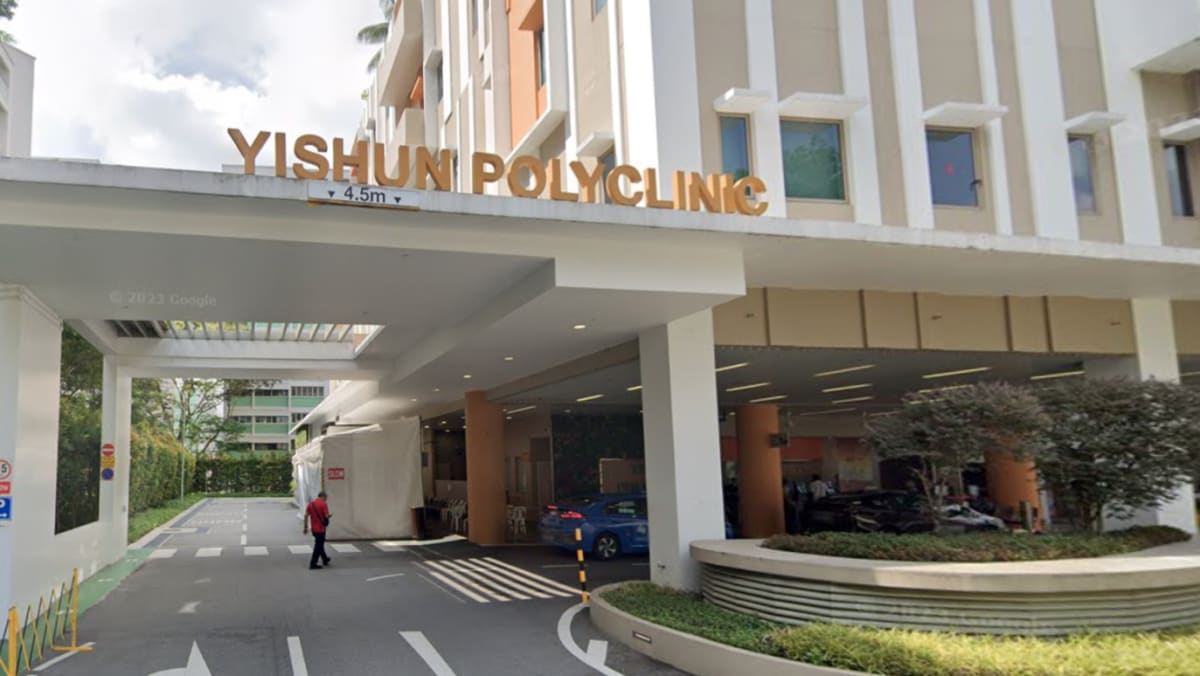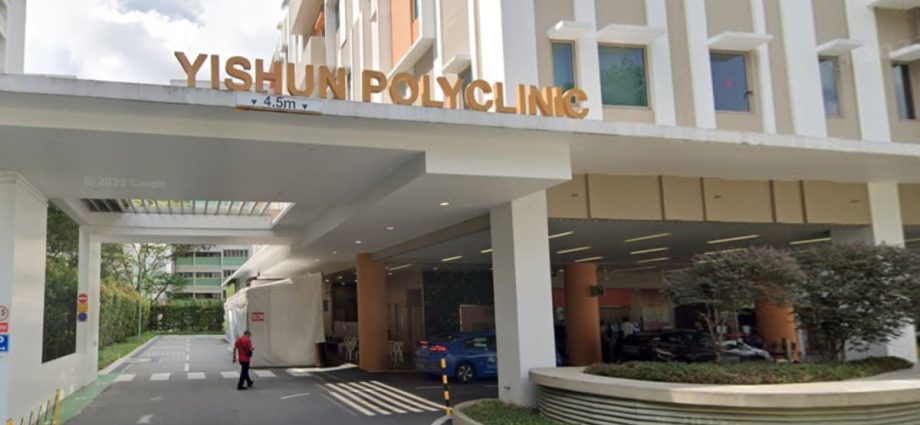
CLAIMED OF A “MOMENTARY LAPSE”
During the disciplinary inquiry, Dr Liang claimed the patient’s subjective feelings of discomfort were crucial, saying there was no need to call a chaperone if the patient felt comfortable during the consultation.
The SMC’s benchmark standard, meanwhile, was that a male doctor is required to call a female chaperone when he physically examines a female patient in certain situations.
This includes when the doctor is examining a part of the body considered to be private or sensitive; if the patient is young or underaged and alone; or if the female patient needs to be lying down or in a vulnerable position.
The tribunal noted that SMC’s position was the more preferable and acceptable standard by the profession in Singapore. An expert further confirmed that doctors in Singapore are taught to use a chaperone in these situations.
Dr Liang also later acknowledged that he knew it was the “best practice” to have a chaperone present when physically examining a female patient. He had practised medicine for more than seven years at that point.
The tribunal questioned if Dr Liang was in the right frame of mind to sense any discomfort while examining Ms P, since he admitted he was not observant of that then.
Dr Liang had been diagnosed with major depressive disorder after he saw a psychiatrist one week after the incidents. This would have caused reduced or poor judgment as well as increased impulsivity when he examined Ms P, but he was of sound mind and culpable for his actions, the tribunal noted from the psychiatrist’s findings.
Dr Liang told the psychiatrist that he did not call for a chaperone because he was “in a rush” and “going through the motions” when he examined Ms P and the other two underage patients.
He also claimed to be preoccupied with exams for his master’s degree in family medicine, and that his parents had scolded him for being involved in a motor accident.
An expert who testified on his behalf indicated a possible “momentary lapse” that led to his failing to call a chaperone. The tribunal said they found it difficult to accept this.
“Rather, we think that (Dr Liang) deliberately intended not to call a chaperone or acted in a cavalier manner, ignoring and disregarding any discomfort of the patients.”
The tribunal noted that Dr Liang appeared “very considered” on how to examine Ms P, going so far as to make a mental note to avoid touching her breast area.
When Dr Liang saw his psychiatrist on Dec 1, 2016, he also admitted that he could have examined the other two underage patients without exposing their tops.
“Yet he proceeded to do so, further illustrating (his) display of a pattern of wilfully turning a blind eye and making intentional and deliberate choices,” the tribunal said.
TEXT MESSAGE WAS FOR SOCIAL REASONS
As for Dr Liang’s text message to Ms P, the tribunal disagreed with his expert that a doctor was entitled to full access to any patient’s contact information at any time under the concept of presumed consent.
Instead, the tribunal accepted SMC’s position that a patient does not consent to a doctor obtaining his or her personal contact information, simply by virtue of a medical consultation.
Dr Liang’s lawyers argued that he intended to send an “introductory” text message before giving information on smoking cessation and sleep hygiene.
However, the tribunal said the tone of the message was clearly personal and friendly, and questioned why Dr Liang needed to know where Ms P worked as a barista.
“We find that (Dr Liang) had exploited his position to gain access to the patient’s contact information from the patient database after the consultation, made use of the patient’s contact information to send a text message with no clinical relevance (more for social reasons), and to make a telephone call to the patient who is a minor,” the tribunal wrote.
This “final wrongful act … sealed the violation of the patient’s right to privacy and dignity”, the tribunal added.
LACK OF INTEGRITY AND INSIGHT
In terms of the appropriate punishment, Dr Liang sought a year-long suspension while SMC asked for 18 months.
The tribunal agreed with the SMC that Dr Liang’s excuses and attempts during the disciplinary inquiry to justify his behaviour showed a “lack of integrity and insight into his misconduct”.
The requirement for a female chaperone to be present when a male doctor examines a female patient, as well as not accessing a patient’s contact information and contacting the patient without any urgent medical need, are “rudimentary principles that must be abided by”, said the tribunal.
While the tribunal intended to suspend Dr Liang for 16 months, it agreed with Dr Liang that there was some inordinate delay on SMC’s part in prosecuting him. It gave a four-month discount because of that.
The tribunal considered that any reasonable person would have suffered “significant anxiety and distress” from the matter hanging over their head for close to seven years.
Apart from the suspension, the tribunal ordered that Dr Liang be censured, provide a written undertaking to the SMC not to repeat the misconduct, and pay costs to SMC.
“We will wish to attribute part of (Dr Liang’s) misconduct to his tender age at the material time and hope that with that episode as well as the treatment that he has received after the episode which has shown a favourable prognosis, that (he) will not re-offend,” the tribunal added.

